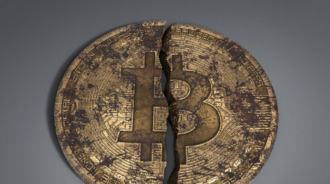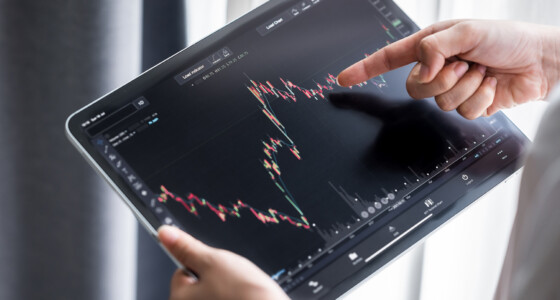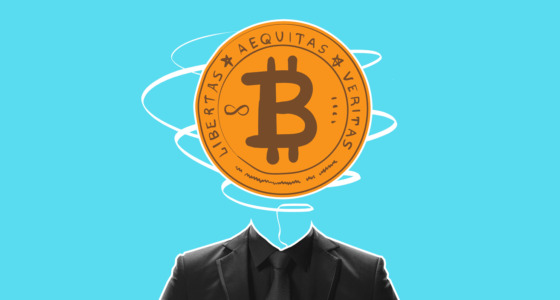

Paper trading is a simulated form of trading that allows you to practice in real-time without risking your money. It also allows you to develop strategies that can be used in real trading for profit. Let’s take a closer look at what paper trading is.
What is paper trading in the stock market?
Paper trading is a simulated trading activity and allows you to practice trading stocks, options, futures, and other securities without risking real money. This type of trading involves setting up a mock portfolio and making pretend trades with virtual money. Paper trading also allows you to test strategies, observe market conditions, and gain experience in a safe environment. If you answer the question, what is the analog of paper trading on some platforms, it is a demo account.
The “paper trading” term was widely used when trading was managed physically at the stock exchanges. Traders used to perform their simulated trades on paper to compare the dependability of their strategies at the end of sessions.
Before the advent of online trading apps and electronic platforms, traders had to consult their brokers for booking trades. Just like the trading experience has been improved by recent technological advancements, paper trading has been upgraded too. Integrated with cutting-edge technology, the contemporary electronic simulator stock market platform provides an authentic real trading experience.
If you’re wondering, “What is the best paper trading site?”, you should consider Fidelity, TD Ameritrade’s Thinkorswim or TradeStation online simulators.
What does paper trading tell you?
Till now, you have understood the concept behind paper trading, and you may be wondering what the benefit of paper money, options, or stock trading is. With the exponential progress in online trading, simulator platforms for paper trading have emerged.
With platform simulators, paper trading can help you gain confidence in strategies and learn the ins and outs of the markets without risking your own money. Paper trading can also provide valuable information about the stock market to refine and improve your trading strategies. The latest simulator software considers all the accessory costs associated with actual trades, including commissions, fees, and taxes. Hence, it is safe to say that simulator programs for practicing trading have all identical features, except the involvement of real money.
You can apply paper trading to different market conditions that do not frequently occur in the real market. For example, volatile markets are an excellent opportunity to profit, but these conditions are only seen sometimes. Practicing and experiencing paper trades applied during market volatility can demonstrate increased efficiency during live trading.
Paper trading accounts vs. live accounts
Consider what a paper trading account is and how it differs from a real one.
What is a paper trading account?
A paper trading account is a trading activity often used for educational or testing purposes. With it, you can practice your strategies without risking real money. But paper trading can give a false sense of security because it allows you to use basic strategies that are easy to implement on a demo account but difficult to follow in real trading.
What is a live account?
A live trading account involves using your money in the financial markets through a broker or a financial institution. Live trading can generate profit and loss in the real world.
Unlike live trading, paper trading does not involve the risk of real genuine capital. As a result, you may be tempted to take on more significant risks than would be wise in a real-world trading environment. It can lead to unwise investments and trading decisions, and as a result, to the loss of funds.

What is the difference between paper and live trading?
Paper trading can be compared to live trading on three key elements: risk sentiment, trading emotion, and judgment for the right call.
Risk sentiment
The risk sentiment is your attitude toward taking risks in the financial markets. In paper trading, you can practice different strategies without the fear of losing real money, making it easier to experiment with different strategies. Conversely, risk sentiment is crucial in live trading as you must consider the potential losses and rewards of taking a position and only employ a reliable strategy.
Trading emotions
Emotions can play a significant role in live trading. On a paper trading account, you can face fear, greed, and excitement without the risk of losing money. In live trading, these emotions can negatively affect the decision-making process.
Judgment
Judgment is a critical aspect of trading as it affects the ability to make informed market decisions. When trading on paper, you can practice and hone your judgment without real risk. Investing your money in live markets can lead to different trading behavior and affect judgment.
Tha bottom line
Paper trading is a form of virtual trading that allows you to practice without real money involved. It is an invaluable opportunity to gain experience and learn how to manage your investments without taking any financial risks.
Paper trading will help you familiarize yourself with the markets, test strategies in a risk-free environment, and gain confidence before trading on a live account. You can learn to spot trends, track financial news, and develop strategies for placing trades. But remember that any trade is a risk of losing funds, which you must be prepared for.







